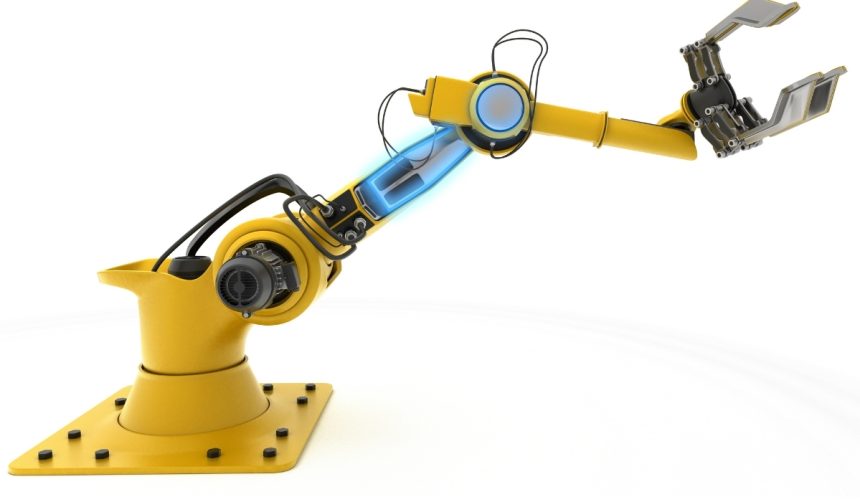Sidewalks in American cities could soon see more autonomous delivery robots, as Serve Robotics Inc. announces a move that may significantly boost its market presence. With a new agreement to sell 6.25 million shares of common stock, the company could secure up to $100 million in funding. This capital injection comes as Serve Robotics continues to build on its collaborations with industry partners and expand both its robot fleet and geographical reach. As consumer habits shift towards convenience and instant delivery, robotic couriers are playing a larger role in urban last-mile logistics.
Serve Robotics has previously raised funds and formed partnerships over the years, but the current size of the stock offering and the rapid deployment targets set the present initiative apart. Earlier reports highlighted deployments in select cities, but recent months have seen increased activity alongside acquisitions intended to boost the company’s technology. Competitors such as Starship Technologies and Coco Robotics have also been actively scaling operations through international forays and partnerships, but Serve’s latest financial move may mark its most ambitious expansion effort yet.
What Drives Serve’s Latest Funding Initiative?
The company states it will use the proceeds for general corporate purposes, with a focus on working capital. This financial strategy is geared toward enabling the rollout of more robots, aimed at urban last-mile delivery challenges. Serve Robotics was initially spun out from Uber in 2021, and has since completed more than 100,000 deliveries for brands such as Uber Eats and 7-Eleven under multi-year contracts. The network is growing, targeting deployment of up to 2,000 robots on the Uber Eats platform across various U.S. cities. Serve’s CEO commented,
“The additional capital will allow us to scale our operations more efficiently and continue forging partnerships with major delivery platforms.”
How Is Serve Expanding and Upgrading Its Technology?
Technology enhancements remain central to Serve’s strategy. It recently acquired assets from Phantom Auto Inc. and its subsidiary Voysys AB, integrating advanced video streaming and teleoperation technologies to improve the reliability of its robots. The firm also acquired Vayu Robotics, a specialist in large-scale AI models for urban robots, to blend simulation-powered data with its real-world delivery systems. By bolstering its technology, Serve aims to better handle the operational demands of larger fleets and drive forward fully autonomous deliveries. On these developments, a company spokesperson stated,
“Each acquisition reflects our belief in building a robust technology stack capable of supporting thousands of robots in dense urban environments.”
What Challenges and Competition Does Serve Face?
Serve faces a dynamic and competitive landscape. Starship Technologies remains a leader, boasting over 8 million autonomous deliveries. Other firms, such as Coco Robotics, have raised significant capital and established partnerships with Uber and DoorDash to expand their zero-emission sidewalk delivery services. Kiwibot claims a stronghold on college campuses and has broadened its footprint to international markets. Strategic differentiation, efficient scaling, and technology reliability will be critical for Serve as it seeks to meet its deployment goals before year’s end.
Evaluating sector developments shows that Serve’s approach closely mirrors industry trends, where capital raises and technological acquisitions fuel rapid fleet expansion. The integration of AI and teleoperation across the industry affirms the importance of advanced data and simulation capabilities in scaling robotic delivery networks safely and efficiently. However, as more cities and delivery platforms become testing grounds for this technology, regulatory compliance and public acceptance will inevitably influence long-term growth.
Consumers and businesses interested in robotic deliveries should watch how Serve Robotics leverages its new funding and expanded technology stack. As urban logistics face increasing pressure, companies like Serve, Starship Technologies, and Coco Robotics will play a prominent role in reshaping how goods are moved in cities. Understanding each company’s approach to scaling and technology integration may help partners and investors identify the most resilient and sustainable operations in the evolving delivery sector. As companies work to resolve regulatory, technological, and logistical obstacles, their strategies will offer valuable insights for stakeholders across the robotics and delivery industries.










